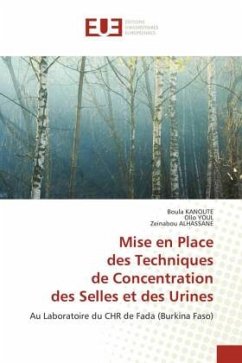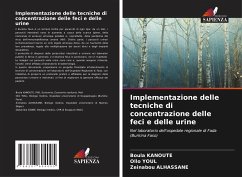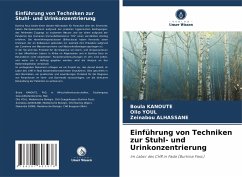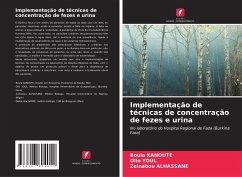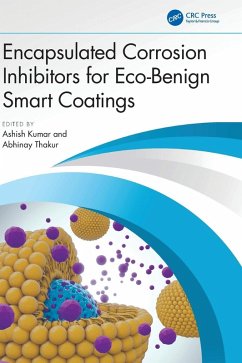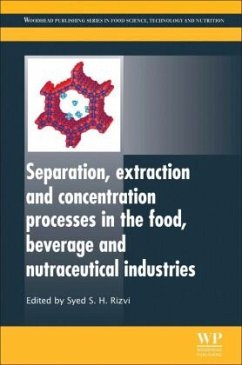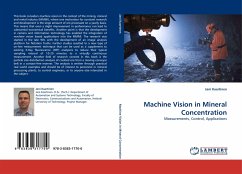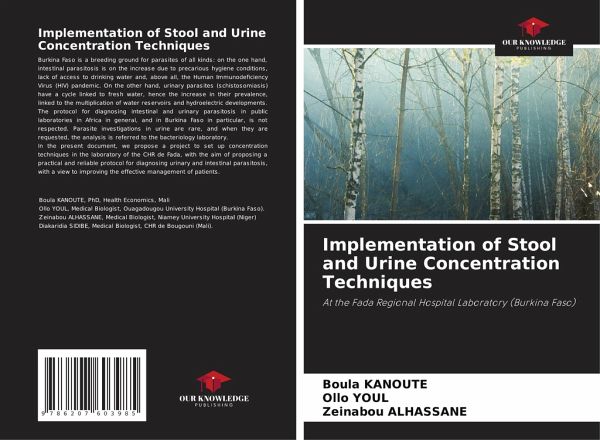
Implementation of Stool and Urine Concentration Techniques
At the Fada Regional Hospital Laboratory (Burkina Faso)
Versandkostenfrei!
Versandfertig in 6-10 Tagen
40,99 €
inkl. MwSt.

PAYBACK Punkte
20 °P sammeln!
Burkina Faso is a breeding ground for parasites of all kinds: on the one hand, intestinal parasitosis is on the increase due to precarious hygiene conditions, lack of access to drinking water and, above all, the Human Immunodeficiency Virus (HIV) pandemic. On the other hand, urinary parasites (schistosomiasis) have a cycle linked to fresh water, hence the increase in their prevalence, linked to the multiplication of water reservoirs and hydroelectric developments. The protocol for diagnosing intestinal and urinary parasitosis in public laboratories in Africa in general, and in Burkina Faso in ...
Burkina Faso is a breeding ground for parasites of all kinds: on the one hand, intestinal parasitosis is on the increase due to precarious hygiene conditions, lack of access to drinking water and, above all, the Human Immunodeficiency Virus (HIV) pandemic. On the other hand, urinary parasites (schistosomiasis) have a cycle linked to fresh water, hence the increase in their prevalence, linked to the multiplication of water reservoirs and hydroelectric developments. The protocol for diagnosing intestinal and urinary parasitosis in public laboratories in Africa in general, and in Burkina Faso in particular, is not respected. Parasite investigations in urine are rare, and when they are requested, the analysis is referred to the bacteriology laboratory. In the present document, we propose a project to set up concentration techniques in the laboratory of the CHR de Fada, with the aim of proposing a practical and reliable protocol for diagnosing urinary and intestinal parasitosis, with a view to improving the effective management of patients.





